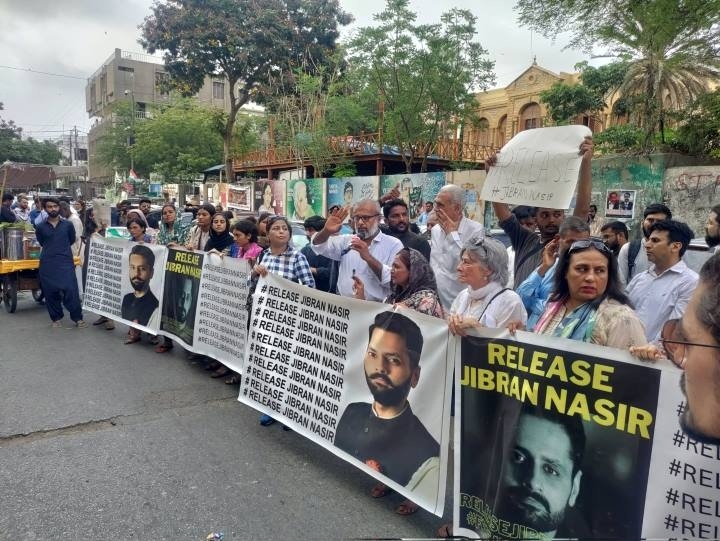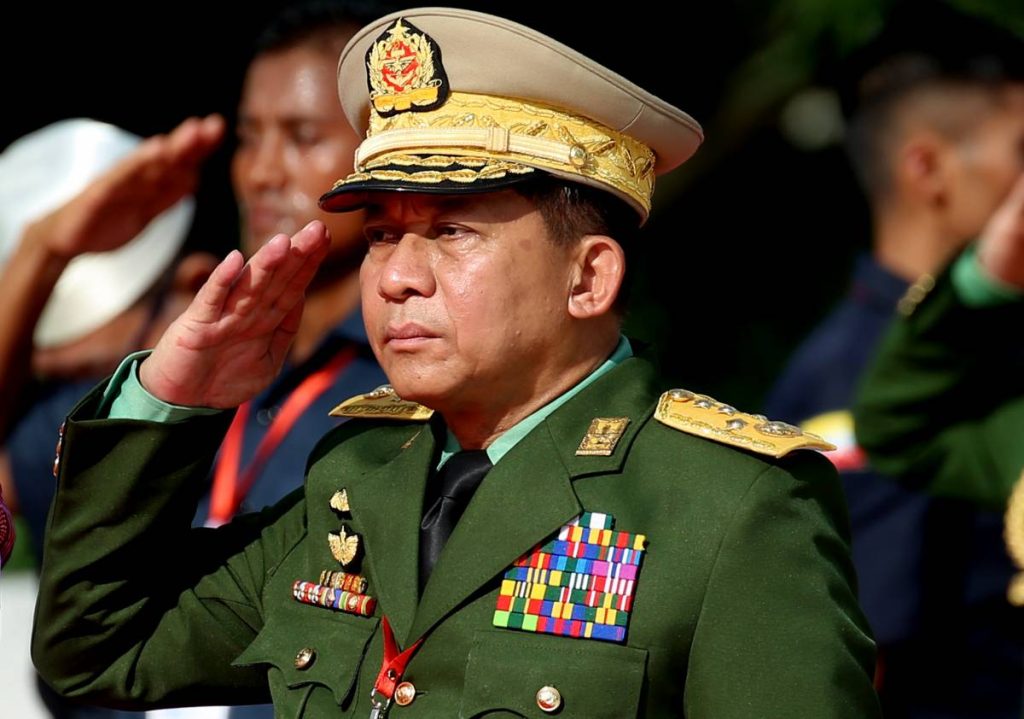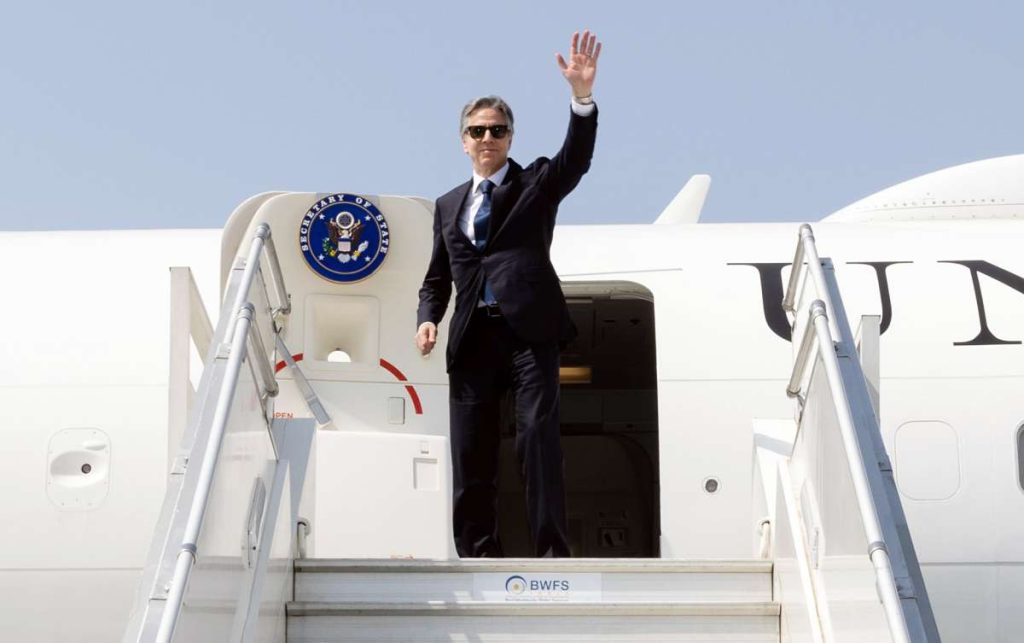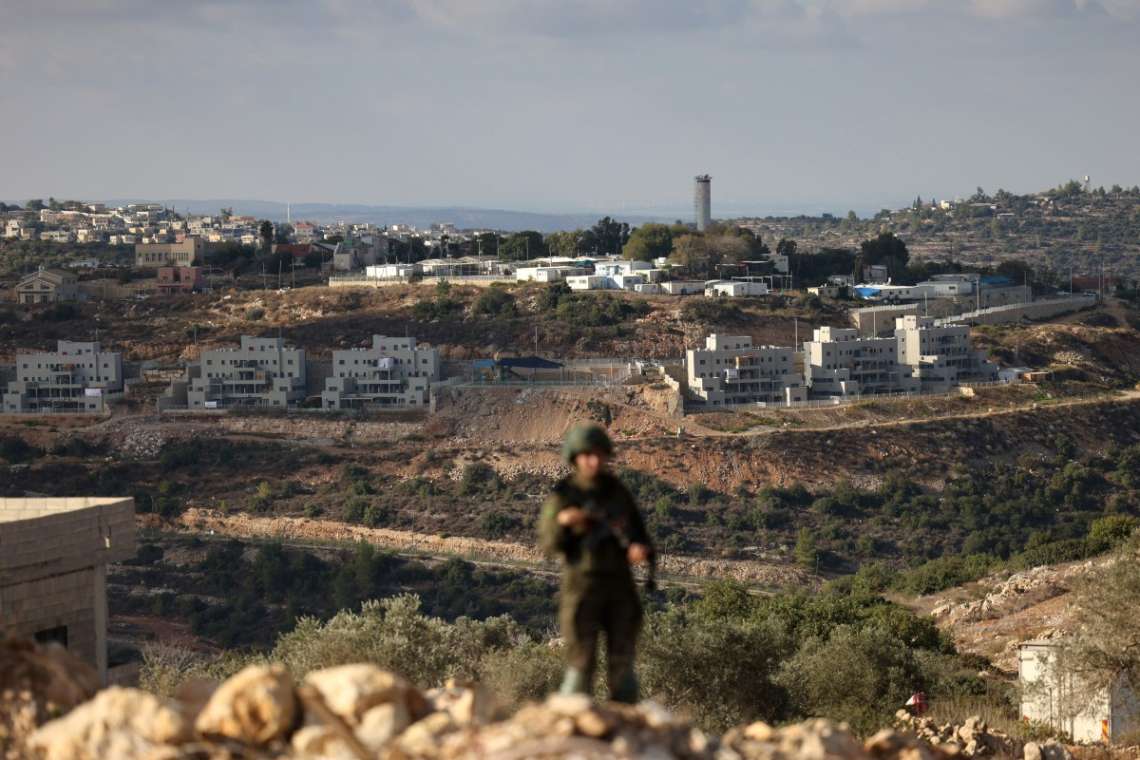The Baloch insurgency has attracted far less international attention than the conflicts in Pakistan’s northwest tribal areas or its tense and dangerous relationship with India. It is in the interest of the Pakistani establishment to keep strategically located Balochistan with its enormous mineral resources, and the centrepiece of the China-Pakistan Economic Corridor (CPEC), away from global attention … writes Dr Sakariya Kareem
On the night of December 21, 2023, a caravan of peaceful, unarmed protesters who had made their way to Islamabad from Turbat, the second-largest city in Balochistan were violently refused entry into the federal capital. Led by young women, the 1,800-kilometre Baloch-long march mobilised thousands of Baloch women, men and children, along with progressive political workers, ethnic-nationalists hailing from other communities, as well as ordinary people.
The demands of the marchers are simple enough, but it is precisely their simplicity that is unpalatable to those who rule us: to bring an end to the dastardly practice of enforced disappearances, as well as ‘encounter killings’, which is what triggered the initial protest in Turbat, and accountability for those who are known to be complicit in all such practices. The caravan snaked through Balochistan and then the Seraiki, Pakhtun and Punjabi heartlands, and was the most meaningful expression of democratic aspirations and what a voluntary federation could look like in recent times. When the Baloch reached Islamabad, they were met with police batons and tear gas, a violent crackdown followed by detention. Due to the shelling, many people were hospitalised. The police, however, detained them from hospitals and moved them to police stations. Police also raided the homes of Baloch individuals living in different sectors, and rounded up several people.
Posting on platform X, Baloch human rights activist Mahrang Baloch wrote “#MarchAgainstBalochGenocide is under attack by the Islamabad police. Many of our youth have been arrested, & many have been injured by tear gas shelling and violence. Right now, we are being treated worse than animals. Will the world raise its voice for us against this barbarism?”
This is but the latest in the long history of disempowerment that the Baloch people have been subjected to. Balochistan, the land of the Baloch people is the largest province of Pakistan, comprising 44 per cent of the country’s territory and despite many phases of obscurity, this marvellous land never lost its geo-political and geo-strategic importance. Yet an overt coloniser and the colonised dynamic prevails between the Pakistani State and Balochistan. Since its formation in 1947, the Pakistani state has strategically violated the provincial status and ethnicity of the Baloch people. A markedly discriminatory attitude towards the Baloch has been assumed by the Pak military, bureaucracy and the government. Here the state uses enforced disappearances as a tool to suppress legitimate demands. Although the practice of forced disappearances dates to the 1970s, since the early 2000s, enforced disappearances and alleged extrajudicial killings have become a vital tool of the state’s counterinsurgency policy in Balochistan.
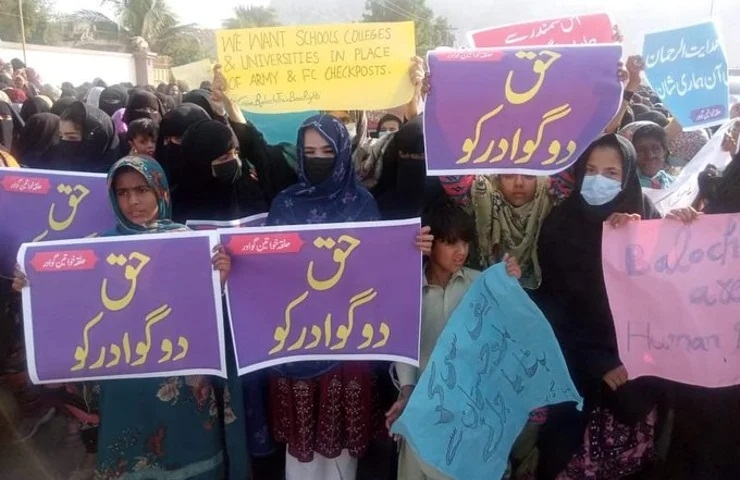
The Human Rights Commission of Pakistan (HRCP) has strongly condemned this latest “violent state crackdown on Baloch citizens” participating in the peaceful long march protesting the alleged extrajudicial killings. The HRCP has called for investigation and accountability for the “state’s widespread use of enforced disappearances and extrajudicial killings.”
As has Amnesty International which has through several reports expressed deep concern about the excessive use of force against the Baloch protesters and demanded an impartial investigation of all extrajudicial killings and enforced disappearances.
The unrest in Balochistan can be traced to the country’s creation and the 1948 annexation of the Kalat state — the biggest region in the province. Even today, some Baloch nationalists call the annexation an act ‘devoid of moral and legal norms.’ And they often cite the proceedings of the Kalat Tribal Assembly which, at the time of Partition, had declared independence.
Multiple Baloch groups are active in the province, and almost all having been proscribed by the state are deprived of legitimate means of putting forth their grievances. These groups have a simple demand – an end to enforced disappearances and extrajudicial killings. Unfortunately, the Pakistani government’s response to the problem has been characterised by neglect, apathy, and even contempt. The result is that in the last ten years, the religious and ethnopolitical factors have also intensified manifolds in Balochistan. All Baloch groups from the banned Balochistan Liberation Army and its youth cell, Majeed Brigade, the Baloch Republican Army (BRA), the Baloch Republican Guard, the United Baloch Army (UBA), BLF and the Baloch Raji Aajoi Saangar (BRAS) that is an umbrella grouping of Baloch organisations, subscribe to secular nationalist ideologies.
The emergence of different factions and alliances reflects a major shift in the insurgency. First, traditionally the Baloch nationalist struggle, both political and militant, was led by the tribal elite or elders, but the BLF, BRAS and now the BNA are largely led by middle-class educated Baloch youth. Second, this phenomenon could also be a reflection of growing dissatisfaction among the leaders on the ground regarding the Baloch leaders living abroad in self-exile. The new ranks of Baloch nationalists are educated and politically radical and are transforming the insurgency into guerrilla warfare. Contrary to their previous leadership, which was not averse to reconciling with the government whenever it sought to secure tribal and family interests, the new leadership has few compulsions on this score, as most of them come from humble backgrounds.
Years of forced disappearances, missing persons and the recovery of mutilated bodies of Baloch youth have deepened a sense of alienation in large segments of the population. The state’s indifference to Baloch nationalist groups is the single largest failure of the Pakistani state since the brutal military operation of 1974-77 in the province, which resulted in the killing of thousands of people and large-scale displacements.
The Baloch insurgency has attracted far less international attention than the conflicts in Pakistan’s northwest tribal areas or its tense and dangerous relationship with India. It is in the interest of the Pakistani establishment to keep strategically located Balochistan with its enormous mineral resources, and the centrepiece of the China-Pakistan Economic Corridor (CPEC), away from global attention. A contributory factor is that Pakistan’s poor security situation and government travel restrictions limit foreign access to “sensitive areas,” including Balochistan, where, allegedly for security reasons, foreign journalists may not venture without the Army’s permission.
The conflicts in the province have failed to transform into positive political movements as all waves of Baloch nationalism were brutally oppressed by state power. Nationalist groups weren’t even given a platform to address their grievances and were labelled ‘miscreants’, ‘separatists’ and ‘anti-state.’ The Baloch population — despite claims by successive federal governments that large-scale developmental projects have been launched — remains marginalised. The issues have historical, political and socio-economic dimensions which no regime of Pakistan has been able to effectively and prudently address. According to many Baloch nationalist leaders, there is a lack of political will and determination among Pakistan’s power elites to address what many nationalists call “forced occupation.”

